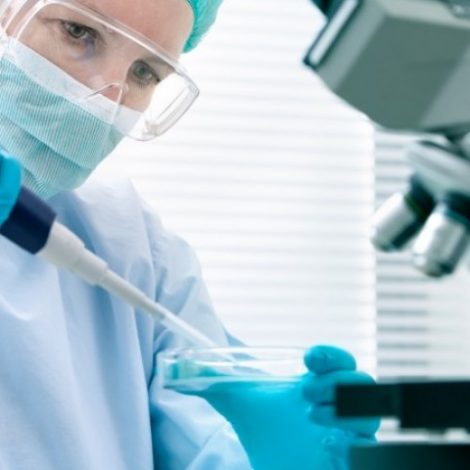YourDNA and Cure Rare Disease Collaborate to Raise DMD Awareness, Advance Genomics
Written by |

To help make cutting-edge genetic research more accessible, and raise awareness of rare diseases such as Duchenne muscular dystrophy (DMD), YourDNA and Cure Rare Disease (CRD) are joining forces.
The initiative hopes to increase awareness about the prevalence of rare disorders in the U.S. — and about treatment options available to patients. There are about 7,000 rare diseases, defined in the U.S. as disorders that affect fewer than 200,000 people. Roughly one in 10 Americans are living with a rare disease.
Commonalities between these partners center around genetics, which sparked the corporate-nonprofit initiative. The nonprofit biotechnology company Cure Rare Disease forges collaborations between researchers and clinicians to develop customized treatments for rare genetic disorders, including DMD. YourDNA, a subsidiary of Aspect Health, is a digital meeting space for learning about genetic and genomic science, and the individuals and companies on the front lines.
An announcement of the collaboration cited an increase in consumer genetic testing, as well as interest in what such information can mean, as its launching point. The partners say there is a great deal of misinformation and misunderstanding about the emerging technology and what it can accomplish. YourDNA and Cure Rare Disease together seek to focus on how genomics can benefit rare-disease communities.
The Muscular Atrophy News forums are a place to connect with other patients, share tips and talk about the latest research. Check them out today!
“It is at this intersection that YourDNA and Cure Rare Disease hope to inform and advance the understanding of the state of the art in developments,” the companies said in a press release.
That’s essentially why CRD founder Rich Horgan launched his nonprofit — to explore his relationship with DMD. Horgan is a Blavatnik Life Science Entrepreneur-in-Residence at Harvard Business School. His family’s experience with the disease goes back three generations: his three uncles had it, and his younger brother lives with it. He’s enlisted the help of top field experts to find a cure.
“Watching your brother not being able to do the things that other kids are doing — not being able to play ball or go to prom,” Horgan says in a website video explaining why DMD is the organization’s first target.
Through the search for curative therapies, investigators have discovered that genetic traits in DMD are also present in several other rare diseases, including Charcot-Marie-Tooth, cystic fibrosis, sickle cell disease, Canavan disease, and spinal muscular atrophy. This has given hope that further research will yield positive outcomes not only for DMD, but for other patient communities
Duchenne occurs in roughly one of every 3,500 male births. Symptoms typically begin to appear between ages 1 and 6, and muscle strength and function gradually decline over time.





